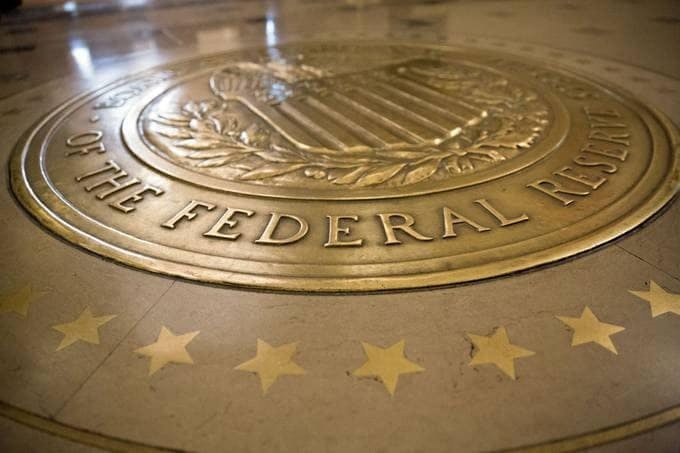 CNBC
CNBC
The Fed's corporate bond buying is stoking bubble fears
The Federal Reserve's move into the next phase of its corporate bond buying is generating renewed concerns over potential asset bubbles.
In the latest leg of its effort to keep markets functioning, the central bank said last week it will expand its purchases of exchange-traded funds into individual issuance of company debt.
While the initial announcement of the program provided a major lift to Wall Street, there now are worries that the risk-on sentiment could be getting carried away.
Bond defaults this year have totaled 109, including 18 in the energy sector where the largest number of zombie corporations are clustered — the sector saw just 20 defaults in all of 2019, according to S&P Global Ratings.
Read more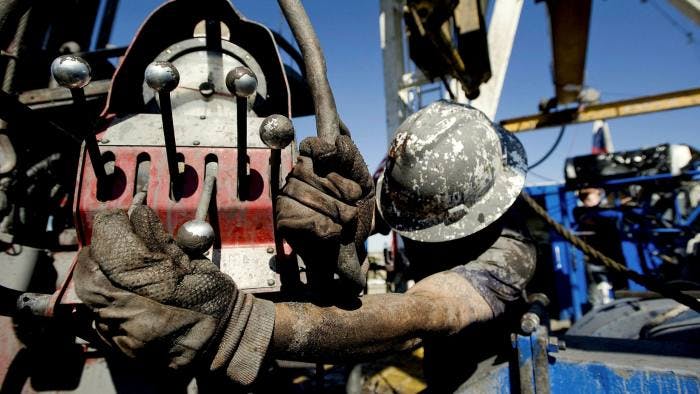 FT
FT
US shale companies face $300B in writedowns in second quarter
US shale companies could be forced to write down $300bn of their assets this year, starting in the second quarter, as operators begin to account for the oil-price collapse on their balance sheets, according to a new study.
The huge impairments — about half the net value of the companies’ property, plant and equipment — would increase the sector’s leverage from 40 per cent to 54 per cent, triggering insolvencies and restructuring, says the study by Deloitte, an accountancy.
Read more Associated Press
Associated Press
Chesapeake Energy skips interest payments, appears headed for bankruptcy
Chesapeake Energy, which has warned that it's unsure if it can survive much longer, failed to make $13.5 million in interest payments that came due this week, according to a federal filing.
The pioneering energy company grew to become one of the largest natural gas producers in the U.S., but it's racked up nearly $9 billion in debt. The Oklahoma City driller warned in May that “there is substantial doubt about the company’s ability to continue as a going concern” with natural gas losing about a quarter of its value this year alone.
Read more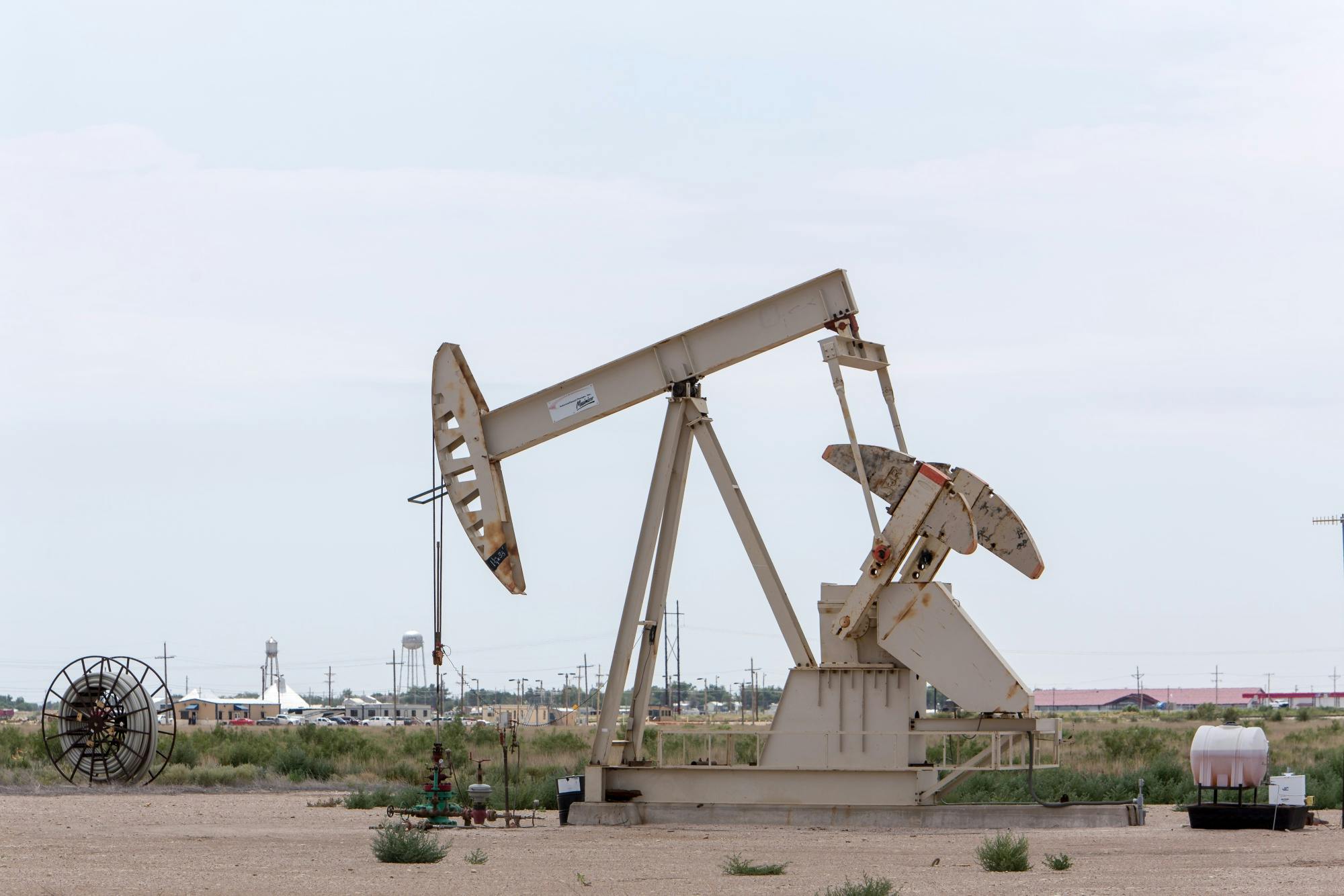 Bloomberg
Bloomberg
Oil Shock Upends State That Had Become Shale’s Newest Powerhouse
As Covid-19 shock waves reverberate across U.S. oil towns, perhaps nowhere is their speed and severity more apparent than in America’s newest shale powerhouse.
Just months ago, New Mexico, the third-biggest producer of U.S. oil, approved the state’s largest budget ever, paid for by an oil boom that made up 40% of the state’s revenues in 2019. Now that plan has been slashed by more than $600 million, affecting everything from pay raises for state workers to a program designed to provide free community college to state residents.
Oil-producing states across the U.S. are facing a double whammy with both drilling and overall consumer spending cut back by the pandemic. New Mexico stands as exhibit A of this boom-to-bust dynamic.
Read more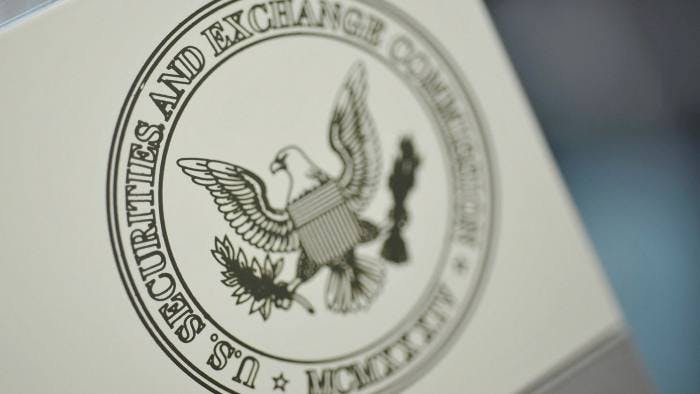 FT
FT
SEC is investigating companies that took small-business bailouts
The US Securities and Exchange Commission is investigating a fuel cell company over its use of government rescue funds, according to the first public company disclosure of such a probe, which comes amid growing regulatory interest in the recipients of government bailouts.
The SEC has launched investigations into disclosures made by public companies that took PPP loans, attorneys representing the businesses said without disclosing their clients. Claimed financial hardship in the PPP application may contrast with the most recent quarterly filings with the SEC, the attorneys said.
Read more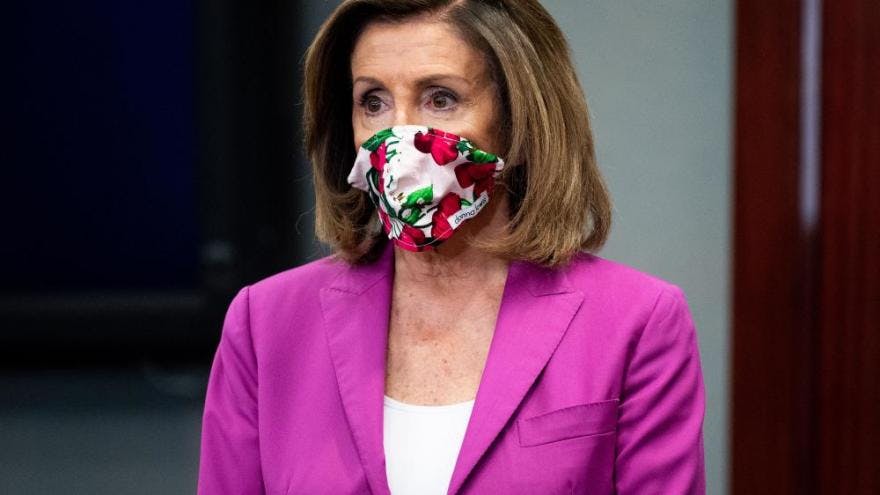 E&E
E&E
House returns amid push on infrastructure, stimulus
The House returns to full legislative session this week as it looks to build support for broad infrastructure and pandemic stimulus legislation.
The infrastructure package, up for debate next week, includes recommendations from a forthcoming House Select Committee on the Climate Crisis report. The plan, dubbed the "Moving Forward Act," would invest more than $300 billion in roads and bridges, $75 billion in clean energy, $40 billion in wastewater, and $25 billion in drinking water, according to a fact sheet provided by Pelosi's office.
Its central component is a $494 billion highway reauthorization bill passed by the Transportation and Infrastructure Committee last week after a marathon markup (Greenwire, June 19).
Read more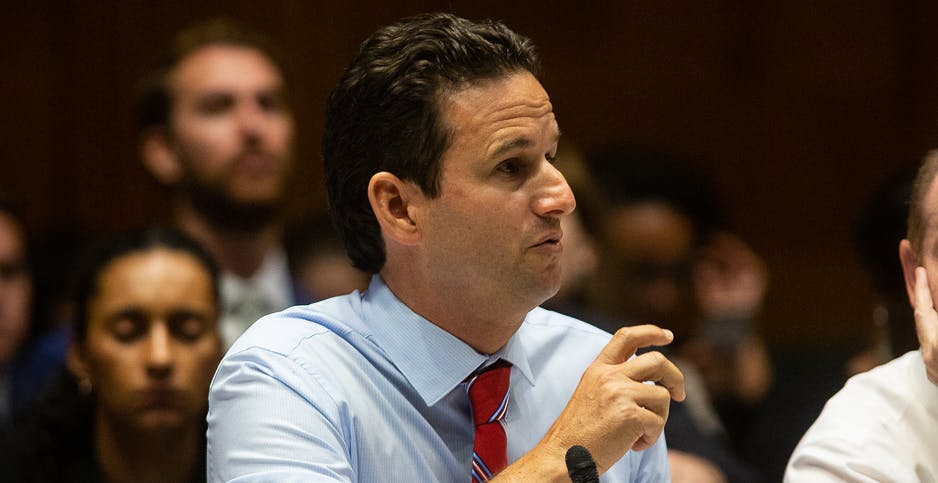 E&E
E&E
Advocates: US bank regulators should consider the risk posed by climate change
Federal regulators have the ability to protect the U.S. economy from the worst impacts of climate change but have been slow to act, according to Sen. Brian Schatz and financial experts.
"Congress has given the regulators plenty of tools to reduce systemic risks," said the Hawaii Democrat, a member of the banking committee. "They just need to start using them."
Schatz, who made his comments during a webinar yesterday, introduced legislation last year that would require the Federal Reserve to develop stress tests to gauge how prepared financial institutions are to handle various climate change scenarios.
Read more Reuters
Reuters
After BP takes a hit, investors widen climate change campaign
Investors managing £1.8 trillion ($2.2 trillion) in assets are widening a campaign pressing oil majors to better reflect climate risks in their accounting, and will soon target other businesses with heavy fossil fuel exposure, the group said on Monday.
The investors believe their campaign is working, noting the “hugely important” news of BP (BP.L) joining other oil majors in lowering the value of its assets amid a global transition to cleaner energy, said Natasha Landell-Mills, head of stewardship at asset manager Sarasin & Partners.
Read more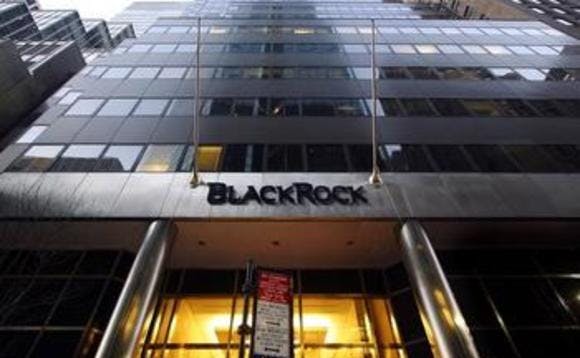 BusinessGreen
BusinessGreen
BlackRock votes against AB Volvo chief on climate-related grounds
BlackRock voted last week to oust the chief of Swedish manufacturing giant AB Volvo, citing his role in the company's perceived failure to adequately disclose its climate risks.
The world's largest asset manager, which promised at the start of the year to make sustainability a cornerstone of all investment activity, said that it held Carl-Henric Svanberg accountable for an ongoing "lack of adequate climate-related risks disclosures" at the firm.
Read more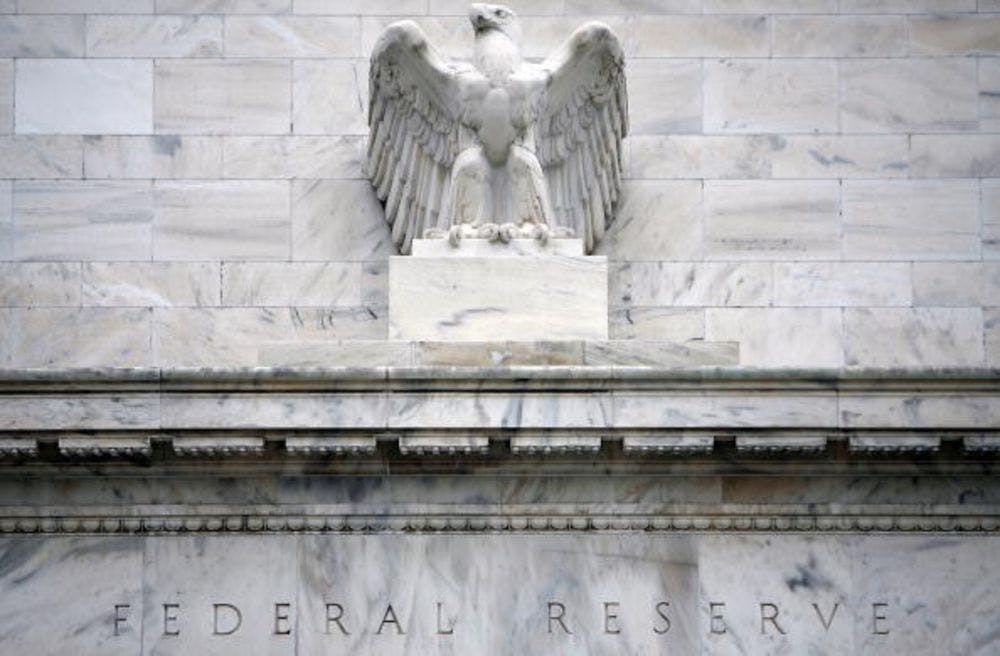 HuffPost
HuffPost
Opinion: The Fed’s Coronavirus Spending On Fossil Fuel Could Dig A $19 Billion Money Pit
As the coronavirus pandemic tanked U.S. markets in March, the Federal Reserve started lending directly to companies across a wide range of business sectors by buying up corporate bonds.
The $250 billion that Congress authorized the central bank to inject into the bond market helped many otherwise healthy balance sheets weather the sudden financial storm. Of the $1.3 billion in funds whose recipients have been disclosed so far, roughly 8% went to fossil fuel-related bonds ― even though the oil, gas and coal sector comprises just 3% of the S&P Composite 1500 stock index.
But the fossil fuel sector’s credit rating was spiraling downward well before COVID-19. Of that nearly $100 million known to be directed to the industry, $22 million went to prop up bonds with such low credit ratings they are considered non-investment grade ― “junk” bonds. And fossil fuel bonds in general look likely to become riskier in the future.
Read more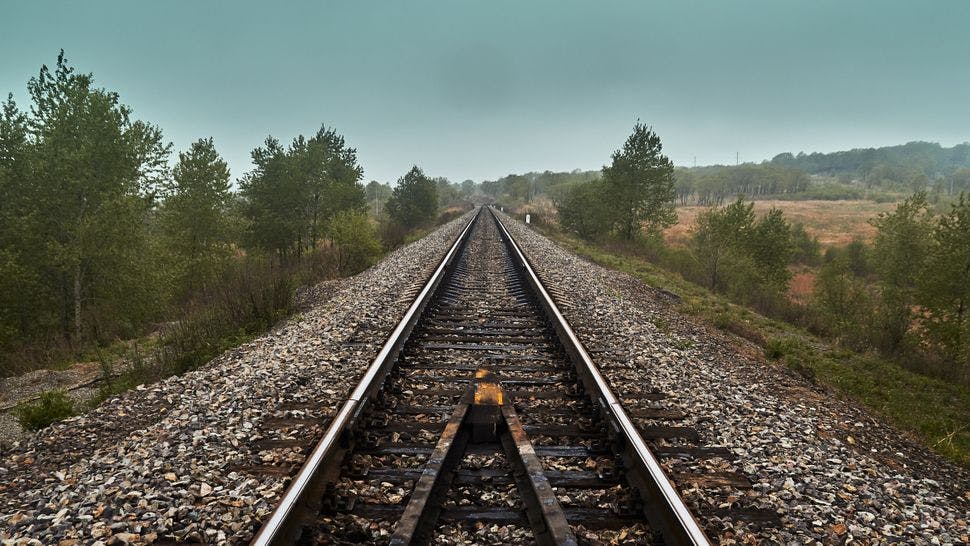 HuffPost
HuffPost
Opinion: It’s Time For America To Get Serious About Fixing The Trains
While rail advocates have long called on the U.S. to invest in train infrastructure and commit to building a world-class, coast-to-coast, environmentally friendly passenger rail system, the funding has yet to come. Flying remains the default way to travel between distant cities.
Some see a sliver of hope that this may change, however, as the U.S. grapples with both the coronavirus pandemic and the climate crisis.
Read more